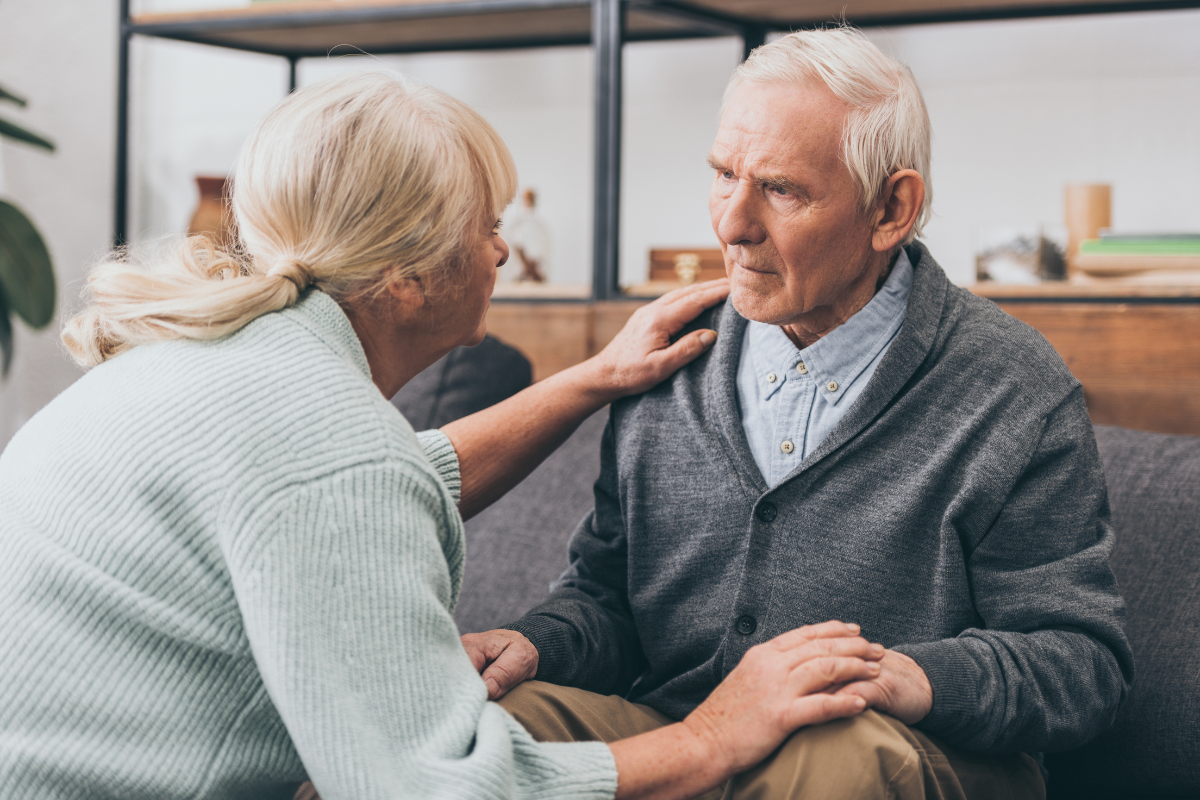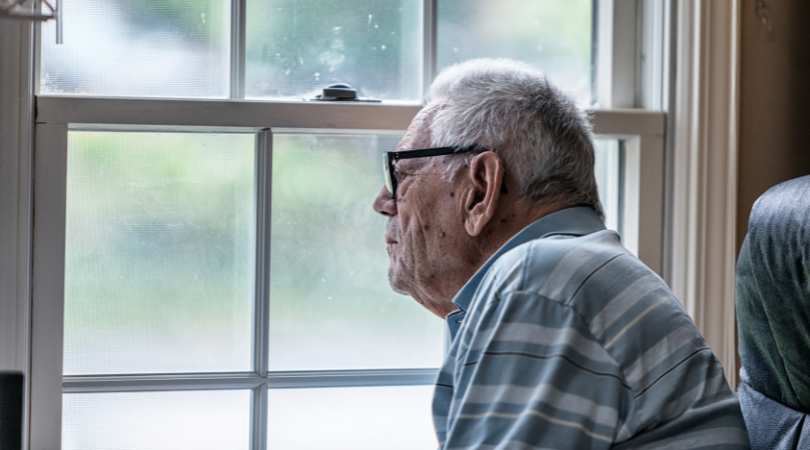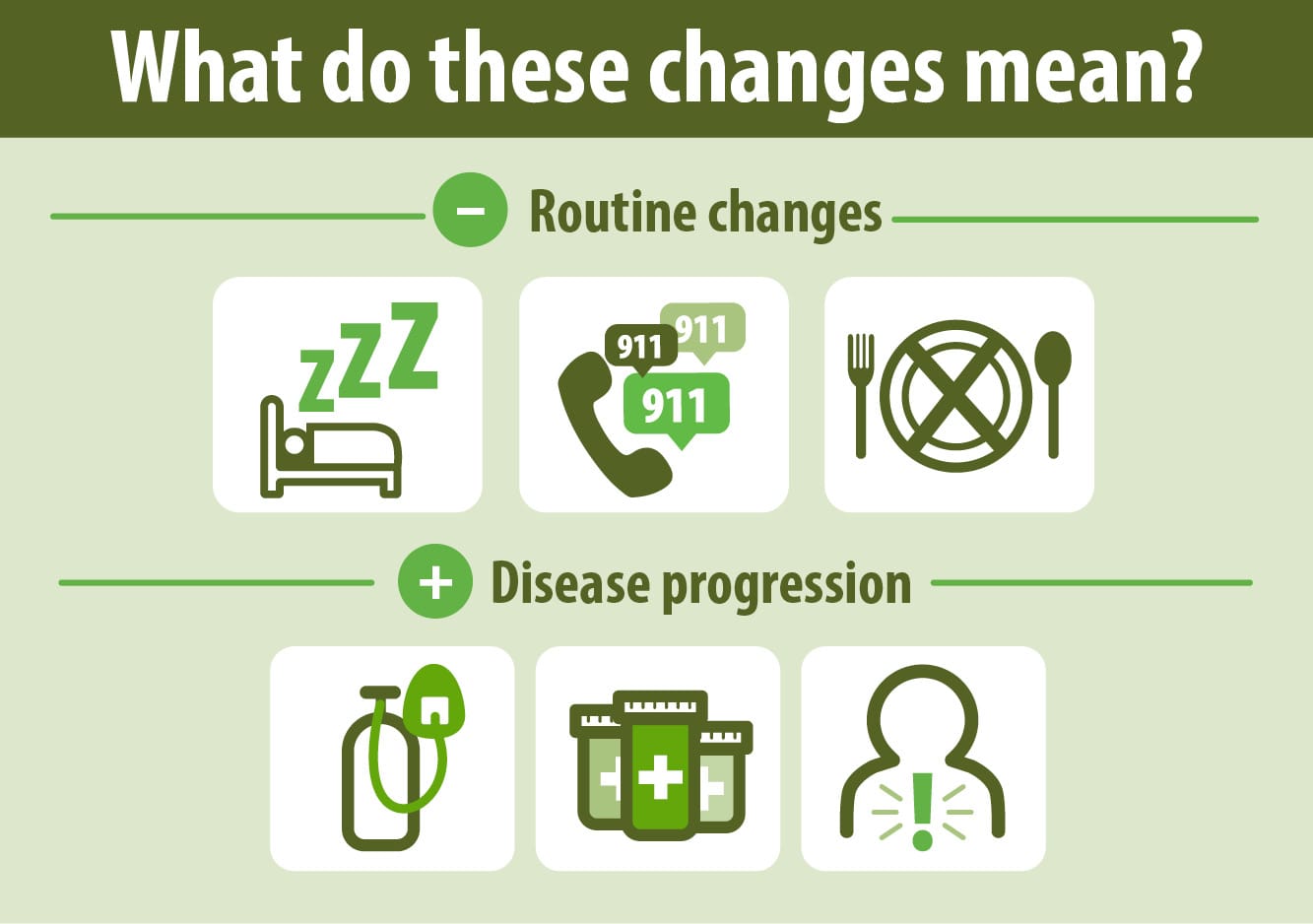How to Navigate Dementia Sundowning

Dementia is a complex and challenging condition that affects millions of individuals worldwide. One common symptom in individuals with dementia is sundowning. Sundowning refers to a pattern of increased confusion, agitation, and behavioral changes that often occur in the late afternoon or early evening. Sundowning is a complex and challenging aspect of dementia care, but with understanding, patience, and tailored strategies, caregivers can find ways to manage its impact.

Understanding Dementia Sundowning
Sundowning, also known as "sundown syndrome" or "late-day confusion," is a common occurrence among individuals with dementia, particularly Alzheimer's disease. While the exact causes are not fully understood, several factors are believed to contribute to this phenomenon:
Circadian Rhythm Disruption: The body's internal clock, or circadian rhythm, regulates sleep-wake cycles and various physiological processes. Dementia can disrupt this rhythm, leading to confusion and behavioral changes as daylight fades.
Fatigue and Overstimulation: Throughout the day, individuals with dementia may experience cognitive and sensory fatigue due to ongoing mental and physical activity. As the day progresses, fatigue can intensify, making it harder for them to cope with their environment.
Reduced Lighting: Diminished natural light in the evening can lead to decreased visibility, causing disorientation and anxiety, especially for individuals with compromised cognitive abilities.

Symptoms of Sundowning
Dementia sundowning manifests through a range of symptoms, which may vary from person to person. Common signs include:
Agitation and Restlessness: Increased anxiety, pacing, fidgeting, or repeatedly attempting to leave a familiar environment.
Confusion and Disorientation: Individuals may become confused about their surroundings, time of day, or even the identities of loved ones.
Hallucinations and Delusions: Visual or auditory hallucinations, as well as false beliefs, can contribute to heightened confusion and distress.
Mood Changes: Sundowning can lead to sudden mood swings, irritability, aggression, or sadness.
Coping Strategies and Support
For caregivers and family members, understanding sundowning and implementing effective strategies is crucial for coping with dementia sundowning. Try these suggestions to improve quality of life:
Consistent Routine: Maintain a structured daily routine to provide a sense of familiarity and predictability, which can help reduce anxiety.
Lighting and Environment: Ensure adequate lighting during the evening hours to mitigate confusion and disorientation. Dim the lights gradually as bedtime approaches to signal the transition to nighttime.
Engagement and Activities: Offer engaging and calming activities earlier in the day to prevent overstimulation as evening approaches.
Nutrition and Hydration: Monitor food and fluid intake to prevent hunger or thirst from contributing to agitation.
Medication Management: Consult a healthcare professional to evaluate the timing and dosage of medications, as certain drugs can influence sundowning symptoms.
Validation and Communication: Use empathetic and validating communication to address the individual's feelings and concerns. Provide reassurance and avoid correcting them if they're confused. Instead try to go along with their suggestions or redirect them to a new topic.
Sundowning poses significant challenges for both individuals with dementia and their caregivers. While it may be distressing, understanding the underlying factors and implementing appropriate strategies can greatly improve the quality of life for everyone involved.
Crossroads Hospice & Palliative Care provides care to terminally ill individuals and their families. To learn more about how we support individuals with dementia, please call 1-888-564-3405.
If you found this information helpful, please share it with your network and community.
Copyright © 2023 Crossroads Hospice. All rights reserved.




